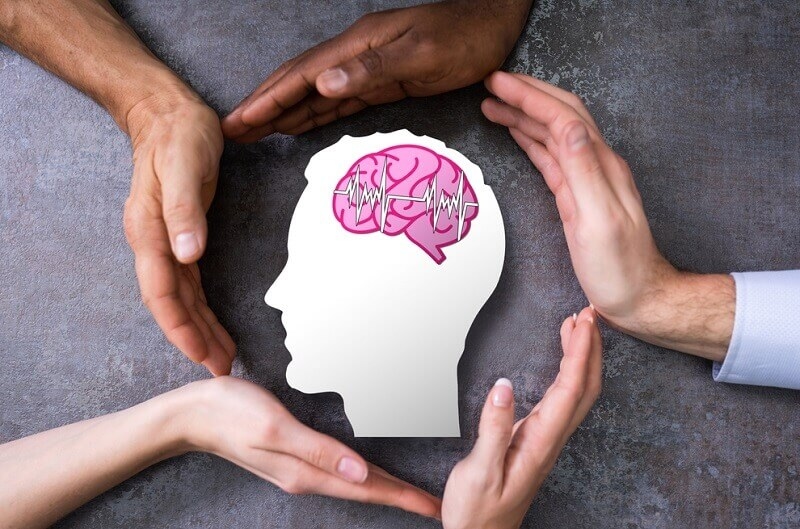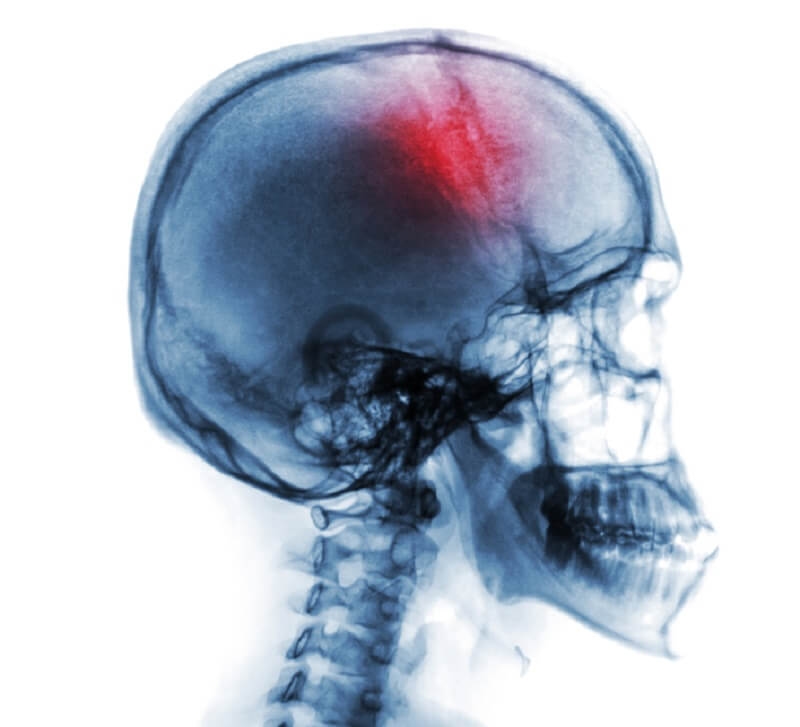Surviving the Storm: Overcoming the Challenges of a Stroke

A stroke can be a devastating and life-altering event, not only for the individual who experiences it but also for their loved ones. It's like a storm that sweeps through, leaving behind a trail of challenges and uncertainties. However, with the right information, support, and mindset, it is possible to navigate through this storm and find strength in the process of recovery.
Understanding the Effect of Stroke

Before we delve into the challenges and strategies for overcoming them, it's crucial to have a comprehensive understanding of what a stroke is and how it affects the body. A stroke occurs when the blood supply to the brain is interrupted, depriving brain cells of essential oxygen and nutrients. This interruption can happen in two ways: through a blockage or the rupture of a blood vessel.
Ischemic strokes are the most common type, accounting for approximately 87% of all stroke cases. They occur when a clot or plaque buildup narrows or blocks an artery supplying blood to the brain. As a result, the affected area of the brain is starved of oxygen and nutrients, leading to cell death within minutes.
On the other hand, hemorrhagic strokes occur when a blood vessel in the brain ruptures and causes bleeding within or around the brain. The bleeding creates pressure on brain tissue and damages cells. Hemorrhagic strokes account for approximately 13% of all strokes but are generally more severe and potentially life-threatening.
Regardless of the type, the consequences of a stroke can be significant. Brain cells are extremely sensitive to a lack of oxygen and nutrients, and the longer the interruption lasts, the more severe the damage becomes. Immediate medical attention is crucial to minimize the impact and improve the chances of recovery.
You may Also Read: Different Types Of Stroke And Their Effects
The Challenges of Stroke
- Physical Impairments: One of the most common challenges after a stroke is physical impairment. Depending on the severity and location of the stroke, individuals may experience paralysis, muscle weakness, or difficulty with coordination and balance. These physical impairments can greatly impact a person's ability to perform daily activities and lead an independent life.
- Cognitive Changes: Stroke can also cause cognitive changes, such as memory loss, difficulty concentrating, and language impairments. These changes can make it challenging to communicate effectively, follow instructions, and maintain relationships.
- Emotional and Psychological Impact: Surviving a stroke can have a significant emotional and psychological impact. Feelings of frustration, anger, anxiety, and depression are common. Adjusting to the changes in physical abilities and the loss of independence can be emotionally challenging for both the stroke survivor and their loved ones.
- Lifestyle Adjustments: Following a stroke, individuals often need to make significant lifestyle adjustments. This may include modifying their diet, managing medications, attending regular therapy sessions, and adapting their home environment to accommodate their needs. These adjustments can be overwhelming and require a period of adjustment and learning.
Strategies for Overcoming Stroke Challenges

- Seek Medical Support: The journey to overcoming stroke challenges begins with seeking appropriate medical support. It is crucial to consult with healthcare professionals who specialize in stroke management. They can provide a comprehensive assessment, guide you through rehabilitation options, and help develop a personalized recovery plan.
- Physical and Occupational Therapy: Physical therapy and occupational therapy play a vital role in stroke recovery. These therapies focus on improving mobility, strength, coordination, and daily living skills. Working closely with therapists can help maximize functional abilities and regain independence.
- Cognitive Rehabilitation: Cognitive rehabilitation programs are designed to address cognitive challenges after a stroke. These programs involve exercises and strategies to improve memory, attention, problem-solving, and communication skills. Engaging in cognitive rehabilitation can enhance overall cognitive functioning and quality of life.
- Emotional Support: Embracing the emotional journey is equally important. Seeking support from mental health professionals, support groups, or counselors can provide a safe space to express feelings and learn coping mechanisms. Engaging in activities that bring joy and practicing relaxation techniques can also contribute to emotional well-being.
- Healthy Lifestyle Choices: Adopting a healthy lifestyle can significantly support stroke recovery. This includes following a balanced diet rich in fruits, vegetables, whole grains, and lean proteins, as well as staying physically active within the limits set by healthcare professionals. Managing stress, getting enough sleep, and avoiding tobacco and excessive alcohol consumption are also essential for a healthy recovery.
- Support Network: Building a strong support network is crucial in navigating the challenges of stroke. Family, friends, and support groups can provide encouragement, practical assistance, and a sense of belonging. Sharing experiences with others who have faced similar challenges can be empowering and help in gaining valuable insights.
- Patience and Persistence: Recovering from a stroke is a journey that requires patience and persistence. Progress may be slow, and setbacks may occur, but it's important to stay focused on the ultimate goal of recovery. Celebrate small victories along the way and remain optimistic about the future.
Conclusion
Surviving the storm of a stroke is undoubtedly a challenging journey, but it is not insurmountable. By seeking appropriate medical support, engaging in therapies, embracing emotional well-being, adopting a healthy lifestyle, and building a strong support network, stroke survivors can find the strength to overcome the challenges they face. Remember, you are not alone in this journey. With determination and support, you can rebuild your life and find hope on the path of recovery.
This content was created by AI
